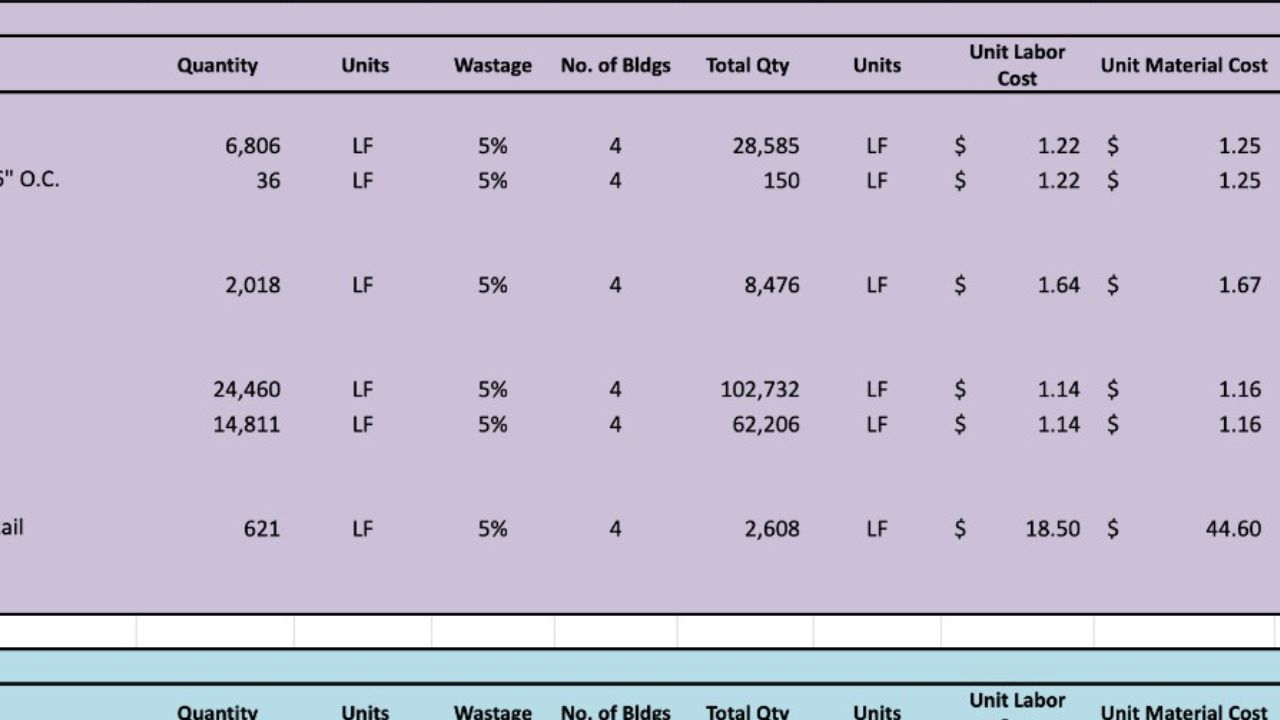Retaining Wall Cost Estimator
At Estimate Florida Consulting, we specialize in providing detailed project estimates to facilitate precise budgeting for retaining wall construction. Understanding the pivotal role of accurate cost assessment, we recognize that the expenses for building a retaining wall typically range from $20 to $50 per square foot or $40 to $300 per linear foot. For instance, a 50-foot-long retaining wall may incur a total cost ranging from $4,000 to $10,000. Labor costs, averaging between $10 and $30 per square foot, and material expenses, ranging from $5 to $20 per square foot, are meticulously considered in our estimates.
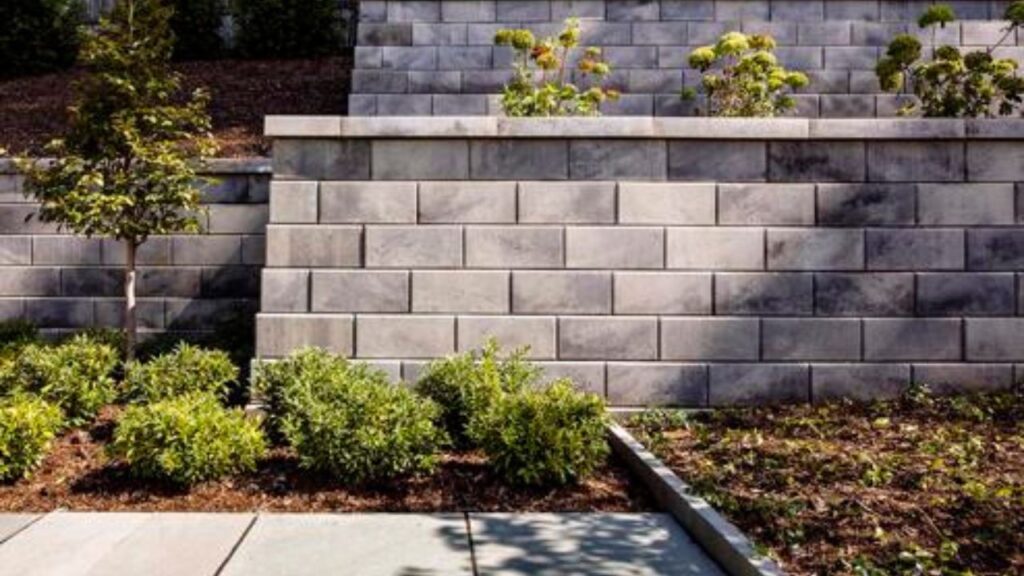
Trust Estimate Florida Consulting to deliver reliable and tailored project estimates, empowering you to plan and execute your retaining wall projects efficiently with a realistic and comprehensive budget.
Cost Factors for Constructing a Retaining Wall
Several critical elements contribute to the overall expenses associated with building a retaining wall, including labor and material costs, as well as the dimensions (width, length, and height) of the wall. Additionally, factors such as the surrounding terrain and project complexity play a significant role. Once you’ve covered these fundamentals, the decision to incorporate upgrades or enhancements to enhance the aesthetic appeal of your retaining wall is in your hands. Get in touch with a local retaining wall installer to explore available options.
Are You Looking For?
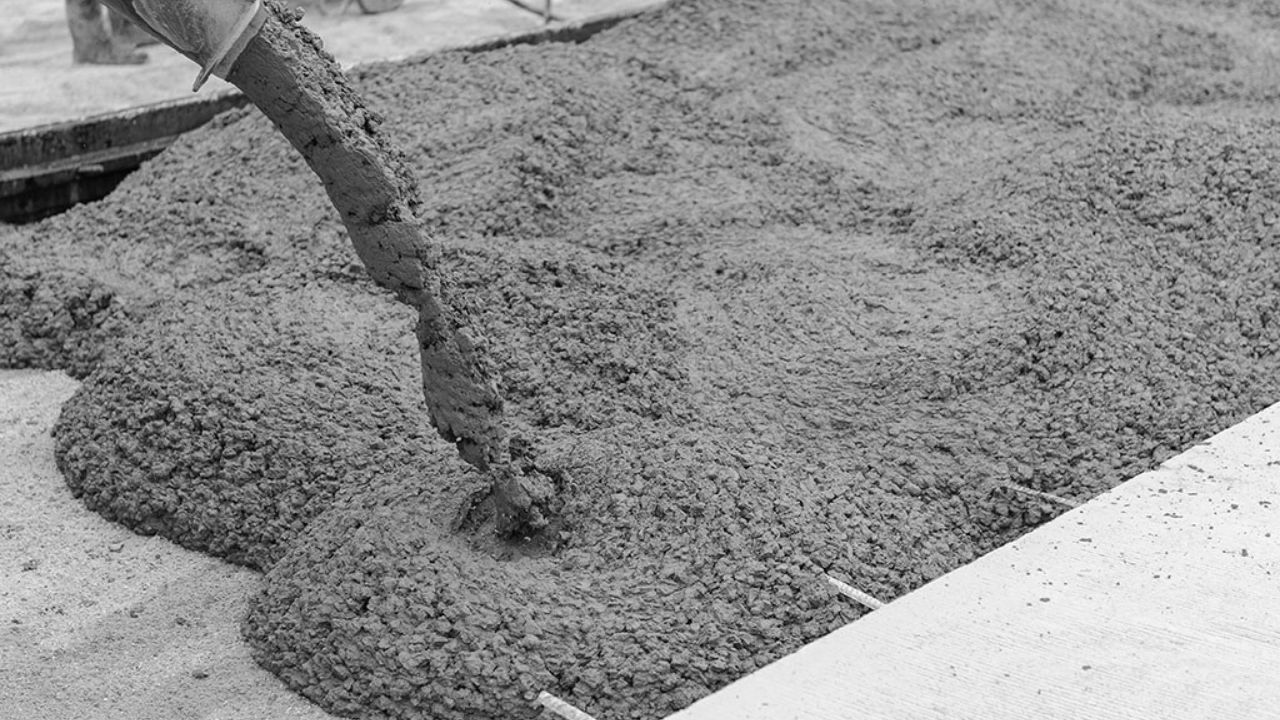
Fully Insured License
Concrete Construction Contractor
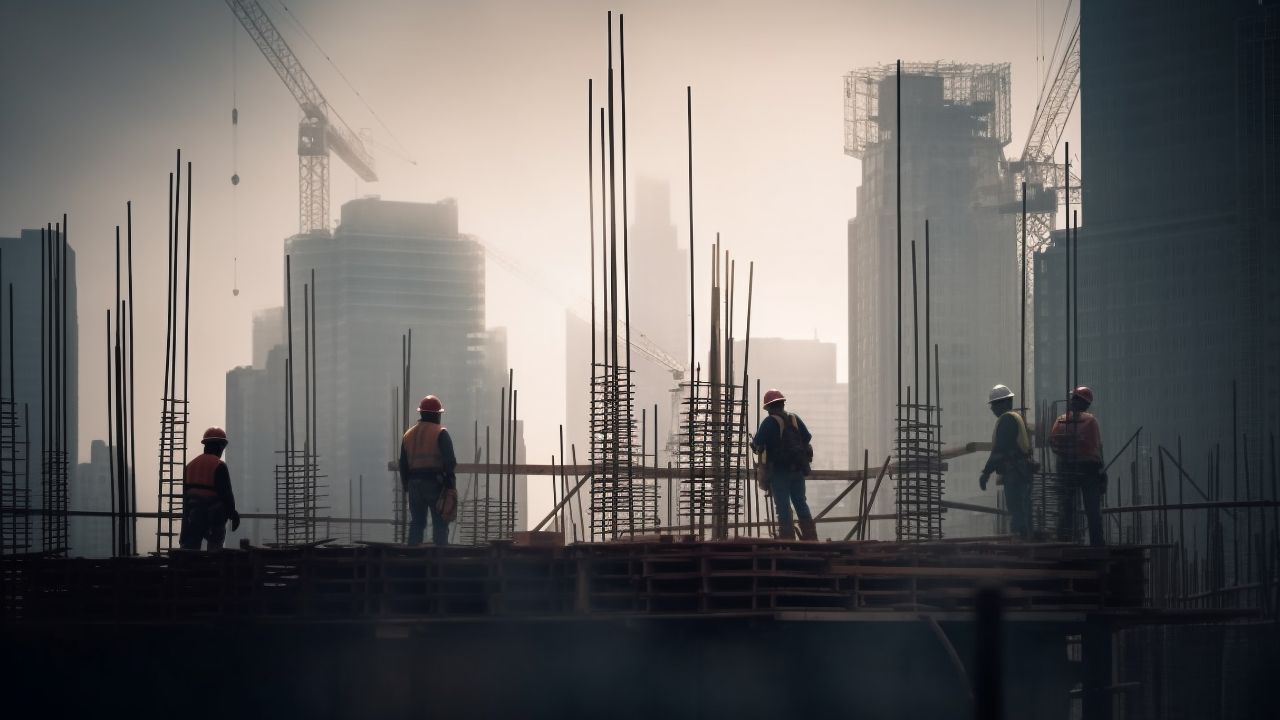
Make Informed Design Decisions Showcase Your Design Ideas
Get RenderingSize
The length and height of your wall exert a substantial influence on costs, with taller walls incurring a higher expense per linear foot. For instance, a 2-foot-tall retaining wall now costs $52 to $260 per linear foot, while retaining walls up to 6 feet high are priced at approximately $468 per linear foot.
The table below outlines various retaining wall sizes and their associated costs, reflecting values. Note that the lower end of the cost range pertains to walls 2 feet high, while the higher end corresponds to walls 6 feet high or taller.
Length (Linear Feet) | Cost Range | Average Cost |
10 | $520 – $4,680 | $2,600 |
15 | $780 – $7,020 | $3,900 |
20 | $1,040 – $9,360 | $5,200 |
25 | $1,300 – $11,700 | $6,500 |
30 | $1,560 – $14,040 | $7,800 |
50 | $2,600 – $23,400 | $13,000 |
100 | $5,200 – $46,800 | $26,000 |
150 | $7,800 – $70,200 | $39,000 |
Material Costs for Constructing a Retaining Wall
The cost of materials for a retaining wall varies depending on the type of material chosen. For a budget-friendly and lightweight option like vinyl, the cost is approximately $6.50 per square foot. For a 2-foot-tall vinyl retaining wall, the cost is around $13 per linear foot.
Opting for a higher-end material such as steel or natural stone comes at a higher price, with an estimated cost of around $130 per square foot. Consequently, a 2-foot-tall steel retaining wall would now cost up to $260 per linear foot.
Terrain and Soil Composition
The surrounding terrain and soil composition significantly influence the overall cost of constructing a retaining wall. In cases where the ground is sloped, there is a substantial increase in labor requirements, leading to a potentially 50% or more increase in labor costs. In such instances, extensive excavation may be necessary to create step-downs or terrace the slope for a secure retaining wall installation.
Additionally, if the soil is unstable or rocky, extra effort is required to excavate and adequately compact the soil to ensure the stability of the wall once constructed.
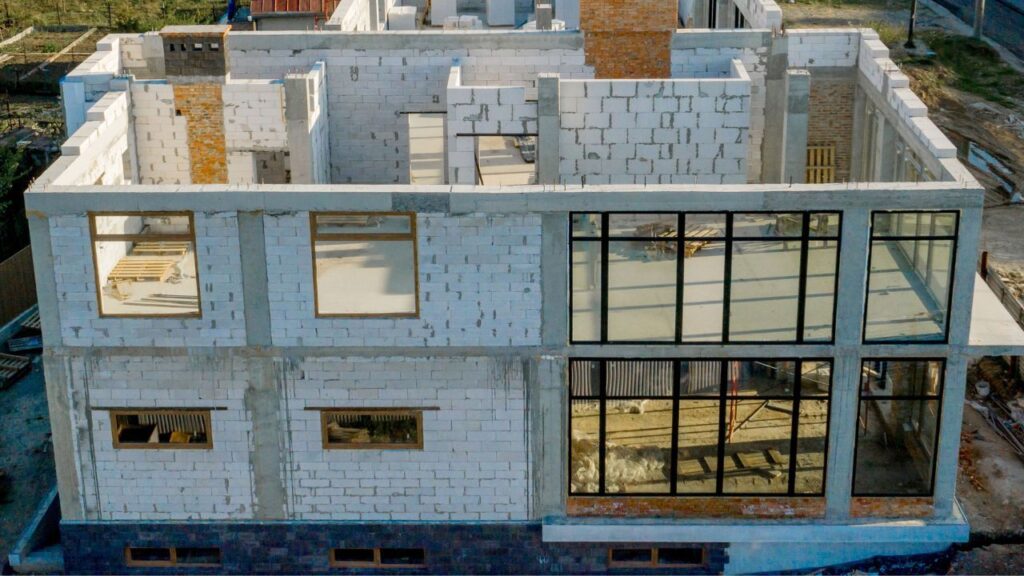
Location
The placement of your retaining wall and the level of reinforcement required also impact costs. The functionality and aesthetic considerations differ between building a concrete retaining wall lakeside and enhancing your landscape with a front yard retaining wall.
The table below presents the cost range per linear foot and the average cost per linear foot based on different locations:
Location | Cost Range per Linear Foot (All-in) | Average Cost per Linear Foot (All-in) |
Swimming Pool | $26 – $130 | $78 |
Driveway | $39 – $156 | $97.50 |
Garden | $39 – $195 | $117 |
Front Yard | $39 – $260 | $149.50 |
Shoreline | $195 – $780 | $487.50 |
Drainage
Effective drainage is essential for all retaining walls, given their primary purpose of preventing erosion. Various drainage methods, such as pipes, gravel, weep holes, and criblock designs, can be employed. If your existing retaining wall lacks proper drainage, you might incur expenses for repairs or opt for a complete replacement.
Anticipate spending $78 to $91 per linear foot for excavation to address drainage issues, reflecting. If wall replacement becomes necessary, the cost will be $26 to $39 per linear foot for demolition, in addition to the expense of a new wall.
Soil Type
The composition of soil in your yard dictates the type of retaining wall feasible for construction. Certain walls are better suited to specific soil types; for instance, malleable clay soil may not provide adequate support for heavy wall materials. Additionally, rocky or boulder-rich soil requires extra effort for land clearing, leading to increased labor costs.
Get Concrete Block Cost Estimator
Estimate Florida consulting as a concrete block building cost estimator is here to allow you to achieve new levels of productivity and efficiency in budgeting and takeoff, giving your concrete contracting company the boost it needs to not only survive but profit in these difficult economic times.
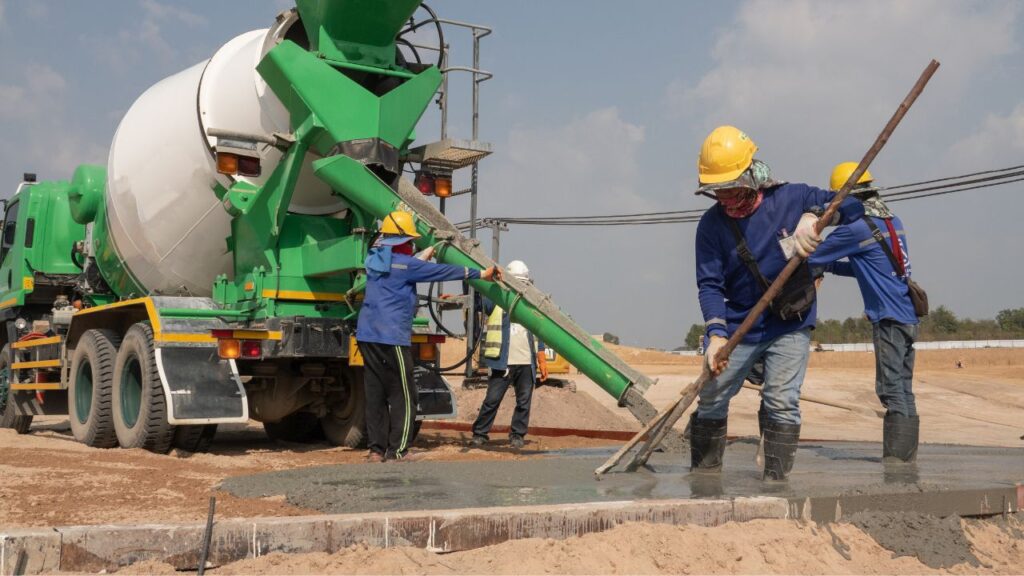
Site Prep
Prior to retaining wall installation, site preparation is crucial. This may involve tasks such as removing gates and fences or setting up scaffolding and reinforcements in inaccessible areas. These additional labor-intensive activities incur extra costs. For walls exceeding 4 feet in height, the involvement of a structural engineer for design is necessary.
Here are common site prep costs, each reflecting:
- Structural engineer: $455–$975
- Land clearing: $143–$325 per hour
- Land grading: $1,170–$3,900
- Tree removal: $260–$2,600
Labor
Labor constitutes a significant portion of retaining wall costs, with an average hourly rate ranging from $65 to $97.50. The labor fees for installing a retaining wall vary from $19.50 to $65 per square foot, contingent on the materials and project complexity. Notably, interlocking retaining wall blocks or pin mechanisms are more cost-effective in terms of installation compared to hand-stacked limestone or I-beam retaining walls.
Permits
In adherence to local regulations, most homeowners will require a permit for walls exceeding three or four feet in height. Generally, building permits cost between $65 and $585, emphasizing the importance of checking local requirements before commencing construction.
Additional Expenses to Consider for Your Retaining Wall Project
When planning your budget for a retaining wall, it’s important to account for various additional expenses. Take into consideration the following:
Material Delivery
Material delivery may come with an additional fee. If applicable, anticipate spending $39 to $130 per truckload of stone, brick, or concrete blocks.
Waterproofing
Waterproofing, crucial for enhancing the lifespan of your retaining wall, now costs $2.60 to $13 per square foot, reflecting. This essential process prevents water from seeping into wall joints, safeguarding the structural integrity over time. Be sure to consult with your contractor, especially regarding the waterproofing capabilities of different materials.
Reinforcements
The need for reinforcements in your retaining wall will incur additional material and labor costs. Typically achieved by adding rebar either horizontally or vertically, the cost of rebar is now approximately $1.04 to $2.08 per square foot. For longer or taller walls, footings with various fill materials may also be necessary, with material costs varying based on the material chosen.
A structural engineer typically recommends reinforcements when:
The wall exceeds a height of 4 feet
The wall is longer or taller than average
A sea wall is being installed
Extreme weather conditions are prevalent in your climate
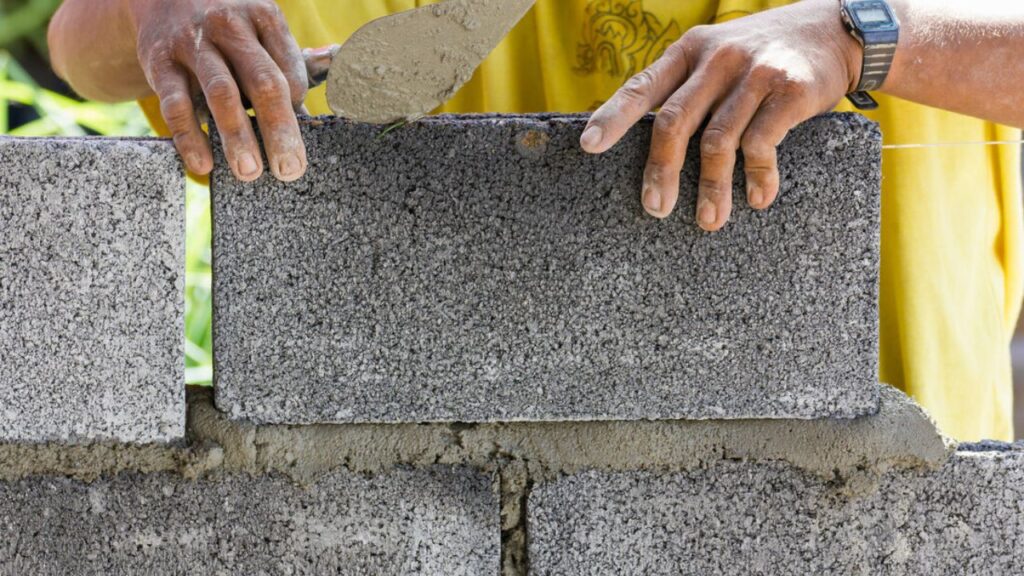
Additional Dirt Fill
If extra dirt is needed to fill in your retaining wall, expect to spend $195 to $780 per truckload, considering. The cost of fill dirt ranges from $6.50 to $39 per cubic yard.
Seasonality
While you can install a retaining wall at any time of the year, labor costs may increase if the contractor needs to dig into frozen ground. Optimize your budget by avoiding winter and scheduling the job when the ground is still soft.
Upgrades for Your Retaining Wall
Enhance the aesthetics and functionality of your retaining wall with various upgrades. Options include adding flower beds, installing landscape lighting, incorporating a fence for safety, building a patio, or creating an outdoor kitchen:
Flower beds: $1,300–$3,900
Landscape lighting: $2,600–$7,800
Fence installation: $1,950–$10,400
Building a patio: $1,365–$10,530
Building an outdoor kitchen: $7,150–$28,860
Cost of DIY Retaining Wall Construction
Constructing smaller retaining walls on your own can result in savings ranging from $19.50 to $65 per square foot in labor costs. For instance, for a 20-foot-long and 2-foot-high wall, the potential labor cost savings can amount to $390 to $2,600. However, it’s crucial to consider the expenses associated with material delivery or renting a vehicle capable of transporting substantial quantities of heavy materials, as these costs may offset the labor savings.
In situations where the project demands complexity, such as a cantilevered wall supporting substantial stone or soil, hiring a local mason is advisable for a professionally executed outcome.
It’s essential to note that for retaining walls exceeding 4 feet in height, consultation with a local structural engineer is mandatory, as added structural support is necessary.
DIY Retaining Wall Cost versus Professional Installation
Professional labor costs typically range from $65 to $97.50 per hour, and the construction process may span a couple of days, although the installation of interlocking retaining wall blocks generally offers the quickest turnaround. Opting for a DIY approach can result in significant cost savings, especially for smaller walls without extremely heavy materials.
For walls surpassing 4 feet in height, the engagement of a structural engineer is essential. Even shorter walls may be prone to collapse if not installed correctly with proper drainage. In such cases, it is advisable to hire a qualified retaining wall installer in your vicinity to ensure a correctly executed job.
Advantages of Installing a Retaining Wall
Numerous homeowners opt for a retaining wall in their landscaping endeavors, drawn to its aesthetic appeal. Terraced retaining walls, in particular, serve as a series of elevated beds, providing an ideal space for planting flowers or shrubbery and instantly elevating the overall look of your yard. Beyond the visual appeal, retaining walls offer several key functional benefits:
Preventing Erosion: Erosion prevention holds particular significance for homeowners with sloped yards, especially in climates prone to heavy rain or strong winds. A retaining wall plays a crucial role in keeping your land intact.
Managing Runoff: Retaining walls effectively guide rainwater, preventing flooding around your foundation or other vulnerable areas.
Adding Structural Support: In regions with unstable soil conditions, a retaining wall contributes essential structural support, establishing a robust foundation for your home.
Eliminating Slopes: By eliminating slopes, retaining walls provide more usable land in your yard. This additional space can be utilized for various purposes, whether it’s constructing a patio or creating more room for outdoor activities.
Increasing Property Value: Integrating a retaining wall into a comprehensive landscaping project can augment your home’s value by approximately 19.5%. On average, such landscaping endeavors yield a return ranging from 130% to 260%.
Are You Looking For?

Fully Insured License
Concrete Construction Contractor

Make Informed Design Decisions Showcase Your Design Ideas
Get RenderingTips for Cost-Effective Retaining Wall Projects
Budgeting for a retaining wall can be a daunting task, considering it often requires a substantial investment. However, if you’re aiming to tighten your budget, here are some strategies to save on the cost of a retaining wall:
Limit Height
If feasible, restrict the height of your wall to under four feet. This approach can lead to savings by avoiding the need for a structural engineer and reducing additional labor costs associated with adding supports and footings, depending on soil conditions.
Material Mix
Explore cost-saving options by incorporating a mix of materials, especially for steel retaining walls. Instead of a full steel wall, consider a concrete or wood wall with a steel face, potentially cutting your budget by 25% to 50%.
Recycled Materials
When replacing an existing retaining wall, consider reusing materials that are still in good condition. You might also inquire about salvaged or recycled materials from your contractor at a more affordable cost.
DIY Labor
While you may not undertake the entire project yourself, you can save money by contributing to the labor. Clearing the land, performing additional prep work, or handling landscaping tasks can be DIY options, depending on your skill level and available time.
Combine Projects
Integrate your retaining wall into a broader landscape project if you’re planning extensive yard work. Some contractors offer discounts for bundling multiple projects.
Avoid Mid-Winter Construction
Winter construction, especially when the ground freezes, can escalate costs. Schedule your project for spring or autumn, or consider early winter before the ground freezes, taking advantage of potentially lower contractor demand during this period.
FAQs for Retaining Wall Cost Estimator
The typical cost range for constructing a retaining wall is between $20 to $50 per square foot or $40 to $300 per linear foot. This estimate includes considerations for labor costs, which average between $10 and $30 per square foot, and material expenses ranging from $5 to $20 per square foot.
The costs are influenced by the dimensions (width, length, and height) of the wall. Taller walls generally incur higher expenses per linear foot. For example, a 2-foot-tall retaining wall costs $52 to $260 per linear foot, while walls up to 6 feet high are priced at approximately $468 per linear foot. A detailed table provides cost estimates for various lengths.
Material costs vary based on the chosen material. For budget-friendly options like vinyl, the cost is around $6.50 per square foot, resulting in a $13 per linear foot cost for a 2-foot-tall wall. Higher-end materials like steel or natural stone can cost up to $130 per square foot, translating to a $260 per linear foot cost for a 2-foot-tall steel retaining wall.
The terrain and soil conditions significantly impact costs. Sloped ground increases labor requirements, potentially raising costs by 50% or more. Unstable or rocky soil demands additional effort for excavation and compaction, leading to increased overall labor costs.
Additional expenses include material delivery fees, waterproofing costs ($2.60 to $13 per square foot), reinforcement expenses (rebar at $1.04 to $2.08 per square foot), and additional dirt fill costs ($195 to $780 per truckload). Site preparation costs, labor fees, and necessary permits are also essential considerations.
Conclusion
Estimating the cost of a retaining wall is a critical step in planning a landscaping project, and at Estimate Florida Consulting, we specialize in providing detailed and accurate project estimates. Our comprehensive approach considers various factors such as labor costs, material expenses, and the dimensions of the wall. Understanding the diverse elements influencing costs, from the type of material chosen to the terrain and soil conditions, allows us to deliver reliable and tailored estimates. Whether you’re looking to enhance the aesthetic appeal of your yard or address functional needs like erosion prevention and structural support, our estimates empower you to plan and execute your retaining wall projects efficiently with a realistic and comprehensive budget. For further inquiries or to explore available options, contact a local retaining wall installer.
Process To Get Retaining Wall Cost Estimate Report
Here I am going to share some steps to get a retaining wall cost estimate report.
-
You need to send your plan to us.
You can send us your plan on info@estimatorflorida.com
-
You receive a quote for your project.
Before starting your project, we send you a quote for your service. That quote will have detailed information about your project. Here you will get information about the size, difficulty, complexity and bid date when determining pricing.
-
Get Estimate Report
We do retaining wall cost estimating and prepare a detailed report for your project. At last you finalize the report and finish the project.
Google Reviews




